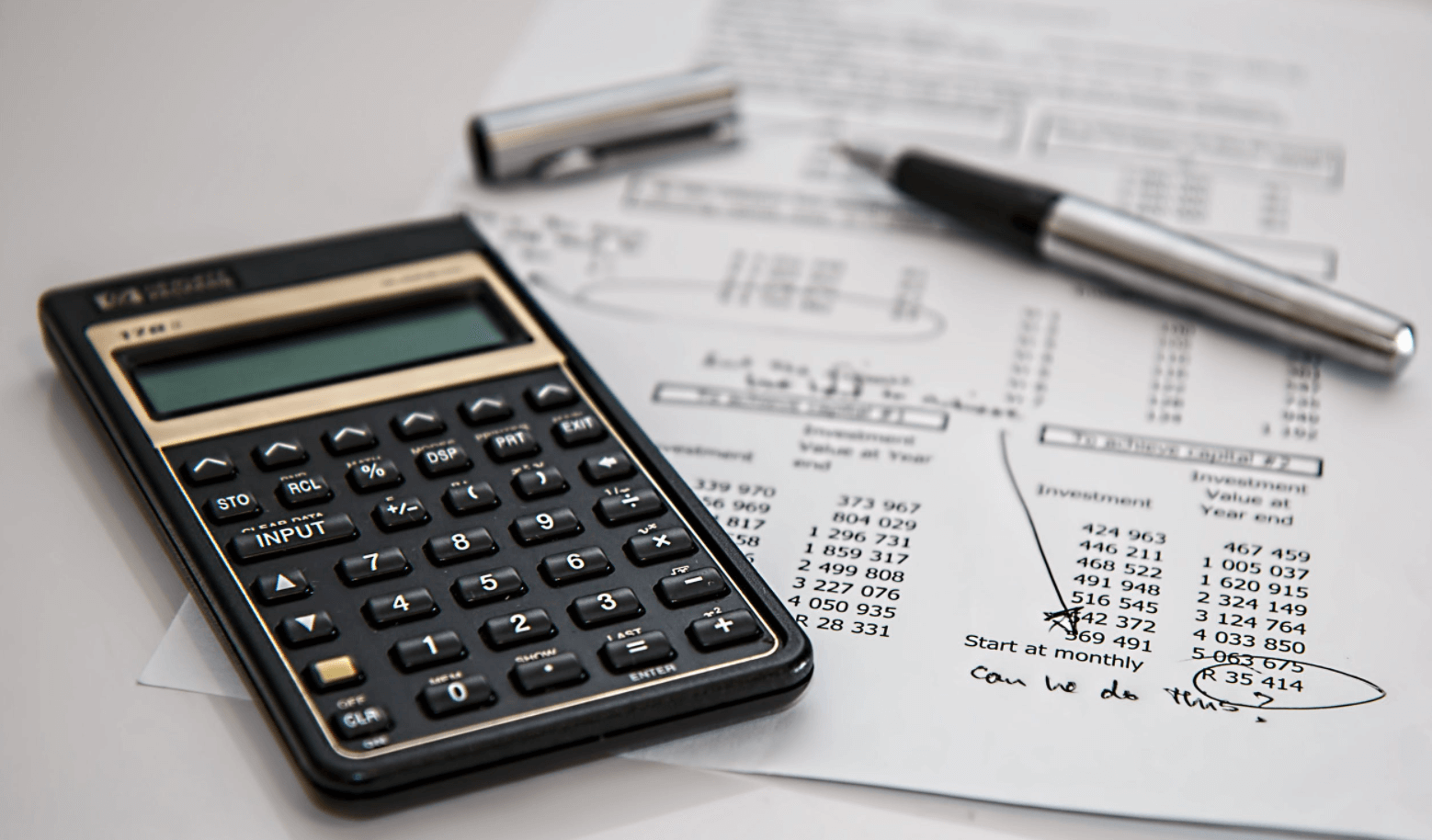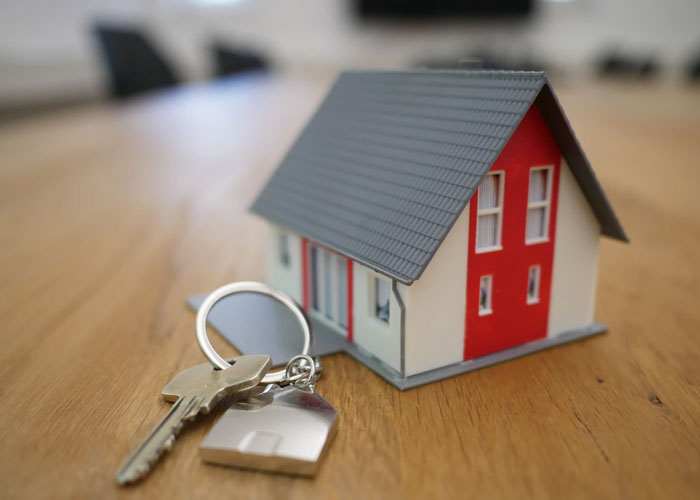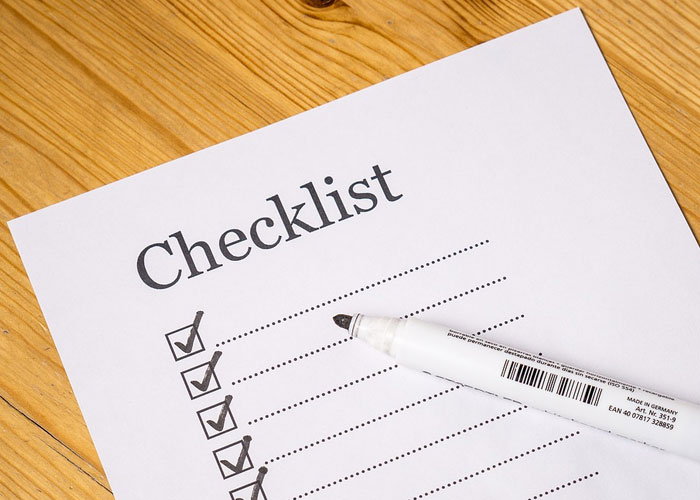Closing on Your First Home: A Major Milestone
Closing on your first home is an incredibly exciting milestone in a person’s life. After everything you have done to acquire the home—checking out neighborhoods, finding the perfect building, researching, inspecting, negotiating, getting a mortgage, and finally signing on the dotted line, you may want to just sit back, relax and enjoy your new headquarters… but don’t relax just yet.
Truth is, what started out as a very complex and involved task isn’t quite over. The last thing you want to do is to get in over your head, and forget to take care of a few very important tasks that every new homeowner should be sure to complete. With that in mind, here’s a handy list of key tasks you want to make sure you complete as soon as possible after finally closing on that first new home.
1. Security
Change all the locks on your new home as soon as possible. You have no idea how many keys the previous owner made for friends or for the Realtors who have had people freely coming in and out of what is now your house for who knows how many months.
If you’re planning to set up cameras, alarms, or other home security measures, the sooner the better. You may have contractors in and out of your home doing improvements, and it will be good to know your home is secure before you have a lot of strangers running around.
2. Make Copies of All the Closing Documents
Your closing documents represent all the proof you have that you have purchased and own the home you are now living in. While there will be other copies, you want to make sure you have your own copies in a safe place in case there are every any challenges to your ownership.
It’s also a good idea to contact the county’s record clerk around two weeks after the closing has been completed to make sure they have a record that you own the deed to the house.
3. Set Up Utilities
You will want the lights on and the water running as soon as possible, so be sure to check on these things, as well as things like Internet and cable that may take a few days to set up, as soon as possible. You’ll also want to find out what the trash removal arrangements are right away.
4. Make Sure Your Homeowners Insurance/Warranties Offer Sufficient Coverage
Now that you have the time to take a breath, you’ll want to assess your new situation and make sure your homeowners insurance is offering you adequate coverage. You just got this new home, after all, and you don’t want a disaster to take it away without having the money to repair it.
5. Meet the Neighbors
Your neighbors are probably curious about you, so make an effort to meet them as soon as possible. They may even be able to help you out with some tips about acclimating to the neighborhood or getting your new home into shape.
6. Record the Condition of Your Home
Take some video of what the home looks like when you move in, so if there is theft, vandalism, fire damage or water damage, you can show the insurance company exactly what things looked like before it happened.
Before you can close on a home, you will probably need a great mortgage. Take the time now to compare rates so you can get the best deal on a mortgage loan on your home and save money while preparing to enjoy your first new home.












